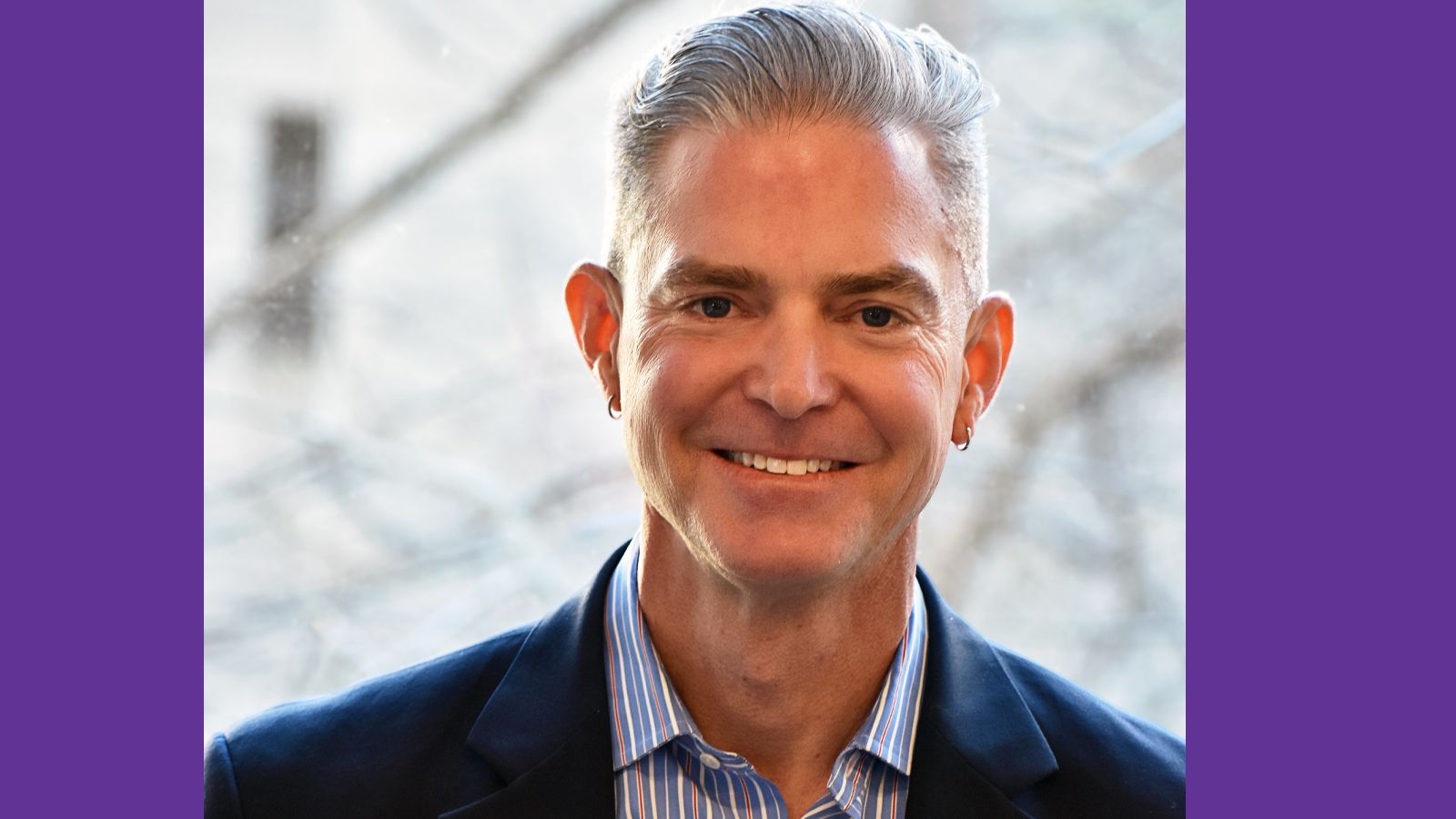A new series from the Pulitzer Prize — nominated podcast Ear Hustle, “The Loop,” began airing on October 8. The episodes, recorded in New York City, explore the lives of young people in secure facilities and how they benefited from participating in Drama Club, a prison-based nonprofit that teaches improv skills. The podcasts are directly tied to a multi-year research grant co-led by Adam Brown, an associate professor at Hunter College’s Silberman School of Social Work, who studied Drama Club for the government. He discussed the project, his role, and how this groundbreaking work informs his teaching.
Q: You were a co-investigator on a major grant from the Department of Homeland Security. Can you tell us about the project’s origins?
A: It was an interesting journey. We initially wrote a grant proposal for the Centers for Disease Control and Prevention to start a center for anti-violence, with the intention of studying Drama Club. However, a few weeks before the deadline, the war in Ukraine began, and the funding was reallocated.
At the same time, the Department of Homeland Security was seeking to fund projects that explored mechanisms for curbing youth violence. We saw the apparent applicability of our work, so we shifted our proposal and were awarded around $890,000. My colleagues served as the principal investigators for the overall grant. At the same time, my role as the principal investigator for the New York City site made me a co-investigator on the project.
Q: The research centered on the nonprofit Drama Club. What was the study’s goal?
A: Drama Club has been doing incredible work for more than a decade, teaching improv drama skills to young people in secure settings, including facilities such as Crossroads, Children’s Village, and Rikers Island. They had strong anecdotal evidence and support from private funders, but they needed a rigorous, empirical evaluation to prove their program’s efficacy.
Our goal over the three-year study was to serve as serious researchers, evaluating the program to determine if it was working. It was a challenging process due to the bureaucracy of the justice system, but our role was to help everyone involved — to help all the boats rise, not to criticize. The study officially concluded on September 30, 2025.

Q: This project has a very exciting connection to the Pulitzer Prize — nominated podcast Ear Hustle. How did that collaboration come about?
A: It was wonderfully serendipitous. One day, I was on a Zoom call with the grant’s principal investigators, and I happened to be wearing an Ear Hustle t-shirt. For those who don’t know, it’s a phenomenal podcast about life inside San Quentin State Prison in California. One of my colleagues saw the shirt and said, “Why don’t you reach out to them?"
So, I wrote them an email, introducing myself as a fan, a social worker, and a researcher. I told them what we were setting out to do with Drama Club and asked if they’d be interested in collaborating if we used some of the grant money to bring them to New York. They wrote back, and that’s how the relationship started.
Q: What was Ear Hustle’s role in the project?
A: They came out to New York maybe a dozen times over a couple of years. They went into the facilities with us and recorded interviews with the young people — both participants and nonparticipants of Drama Club. They focused on understanding the mechanisms involved in decision-making and how participating in Drama Club was helping these young people make better choices when they were feeling impulsive or uncomfortable. The episodes airing now are the product of that fieldwork. While I’m not interviewed, I am mentioned in the credits, and the series is deeply connected to our research.
Q: How does this kind of hands-on research and clinical work influence your teaching here at Hunter?
A: It’s a gift. It allows me to show my students, in real time, how essential research is to informing clinical practice. I stress the importance of not getting too comfortable in what you think you know — of avoiding cognitive biases. The field of social work is constantly changing because of active research. The way we talked 20 years ago about youth who commit acts of sexual harm, for example, is very different from how we do today.
I push my students to become responsible consumers of research — to ask who wrote it, how it was funded, what methods were used, and if a study on one population is truly relevant to another. I want to think that I inspire them to think about their own capabilities as potential future researchers. My own path to a PhD started because I was frustrated with the system, and a mentor encouraged me to ask bigger questions. I hope to give my students that same sense of possibility.


